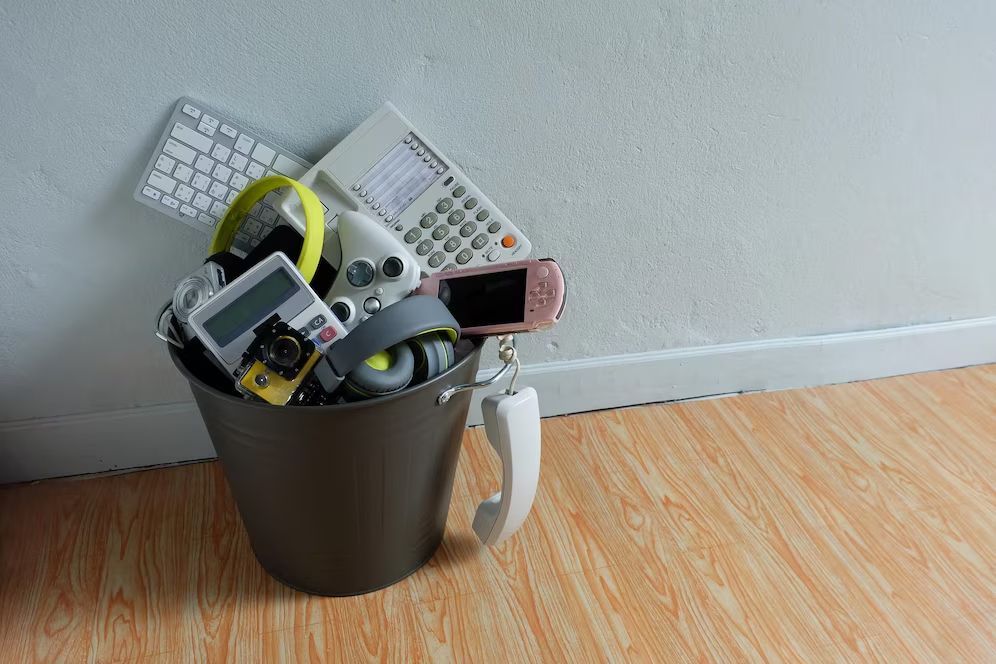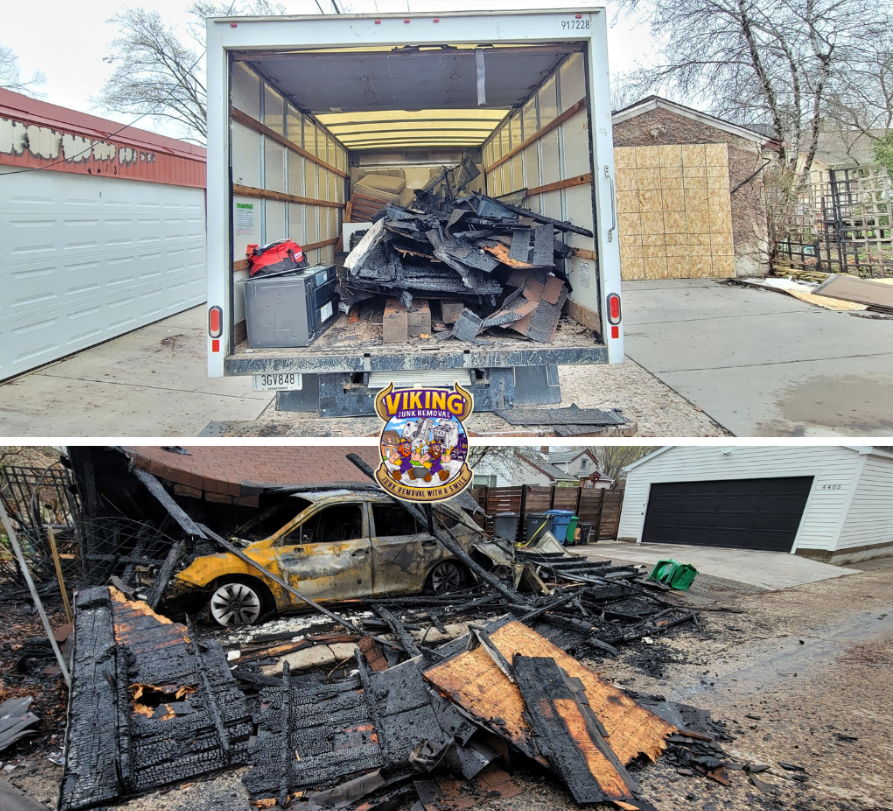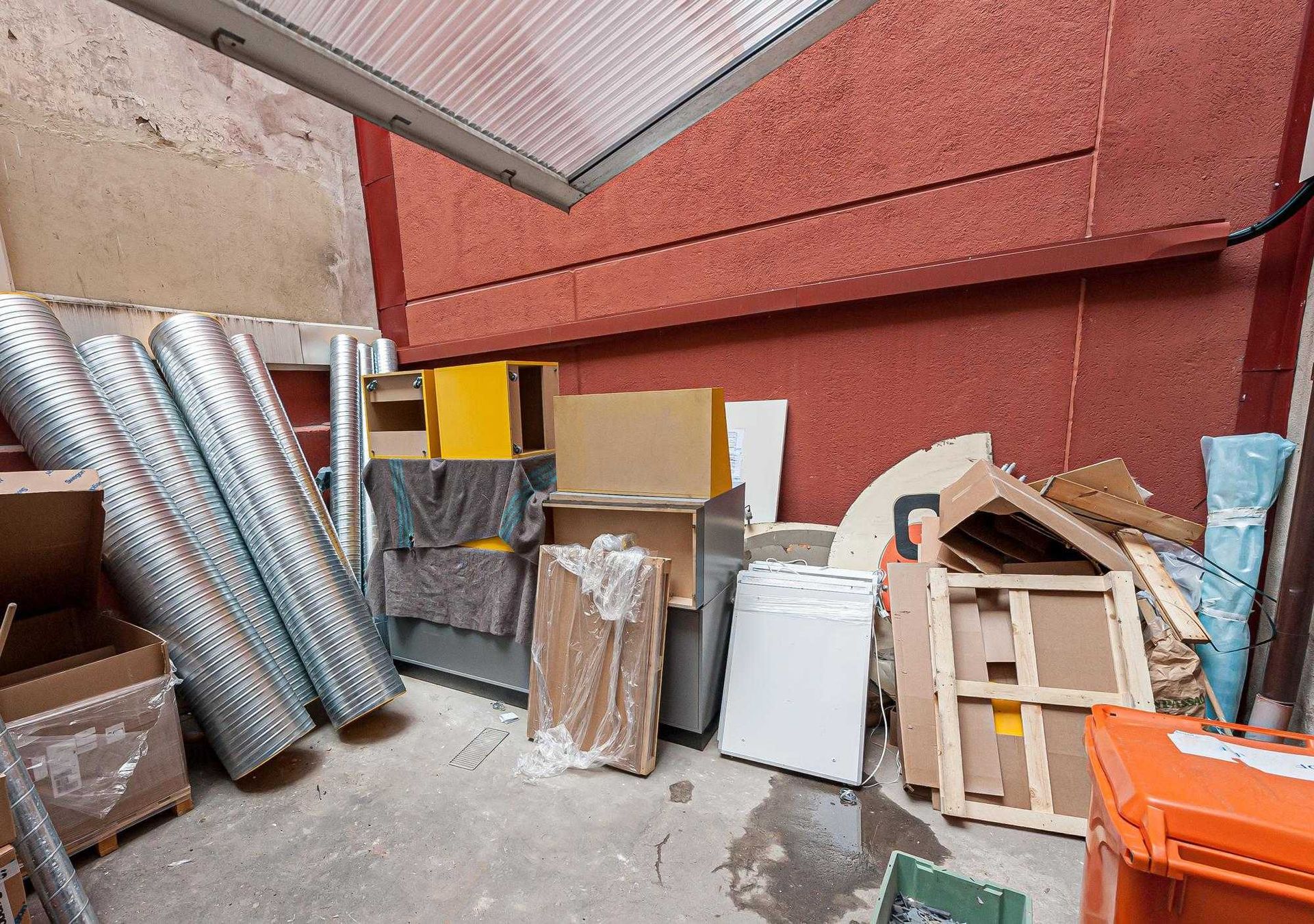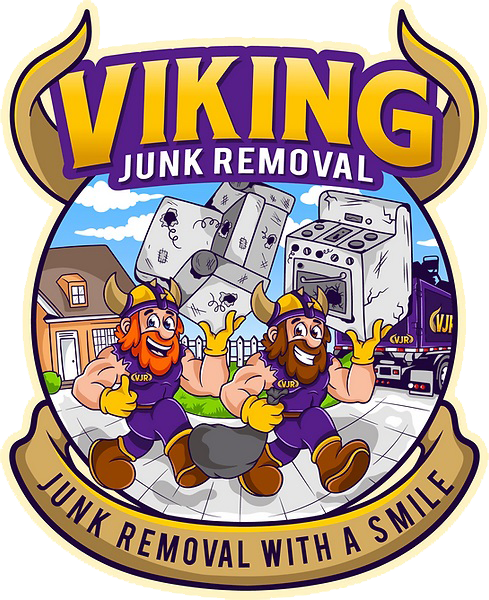How to Dispose of Old Electronics Safely
When electronics end their life cycle, improper disposal becomes an environmental hazard. Many of these devices contain harmful chemicals like lead, mercury, and cadmium that can seep into the ground if not disposed of properly. In landfills, these substances can pose a serious threat to water sources, wildlife, and the surrounding ecosystem. The toxic components in electronics, if left unchecked, contribute to soil and water pollution. These risks emphasize the importance of using safe disposal methods to prevent further harm.
In the digital age, where technological advancements are rapid, many people find themselves replacing their old devices more frequently. While upgrading to new gadgets might be exciting, it often comes with the dilemma of what to do with the outdated electronics. The path of least resistance is to simply throw them away, but this option comes with far-reaching environmental consequences.
Why You Should Recycle Your Electronics
Recycling old electronics plays a crucial role in reducing e-waste, which has become one of the fastest-growing waste streams worldwide. Many components within electronics are recyclable, such as metals, plastics, and glass, which can be repurposed to create new products. By recycling, you contribute to the circular economy, where materials are reused rather than discarded. Moreover, recycling can prevent the release of hazardous substances into the environment. The process helps conserve natural resources by reducing the need for mining and extracting new materials.
Many people overlook the impact that e-waste has on global resources. For example, precious metals like gold, silver, and palladium are often used in the manufacturing of electronic components. When discarded improperly, these valuable materials are lost, contributing to the depletion of the earth’s finite resources. Recycling electronics allows these metals to be recovered and reused in the production of new devices. This not only reduces the demand for mining but also helps in reducing the carbon footprint associated with the production of electronics.
Where to Take Your Old Electronics
Disposing of old electronics requires careful consideration of where to take them. There are a variety of options available, from local recycling centers to specialized electronic waste (e-waste) collection events. Many cities have designated drop-off points where you can bring your unwanted devices. It’s important to research the options in your area to find the most appropriate place for disposal. Look for certified e-waste recycling centers, as these locations follow proper procedures to safely handle and process electronic waste.
Local governments or community organizations may host occasional e-waste recycling events, offering a convenient way for individuals to dispose of their old electronics. These events are typically free of charge and provide an environmentally safe way to rid your home of outdated devices. Some electronics manufacturers also operate collection programs where they accept used devices, ensuring they are responsibly recycled. Before choosing a disposal method, confirm that the recycling center or event follows recognized environmental standards to guarantee that your electronics will be handled in an eco-friendly manner.
How to Prepare Electronics for Recycling
Before handing over your electronics for recycling, it’s important to prepare them properly. The first step is to remove any personal data from your devices, especially those that store sensitive information, such as computers, smartphones, and tablets. Simply deleting files or performing a factory reset may not be sufficient. For added security, consider using specialized software to wipe your data completely. Next, remove any batteries, as these require separate disposal due to their potential hazards. Many electronics stores and recycling centers accept batteries for safe disposal.
Taking these steps ensures that your old electronics are prepared for safe recycling, while also protecting your personal information. Some recycling programs might require that certain components be removed before they can be processed, so it’s important to check the guidelines of the program you’re using. If you are unsure about how to securely erase data from your devices, many professional services offer data destruction solutions.

What Happens to Your Electronics After Recycling
Once your electronics are properly recycled, they go through a series of processes that break them down into valuable raw materials. First, they are sorted and categorized based on their type and components. Hazardous materials like batteries are typically separated to be handled with special care. The devices are then dismantled, with metals, plastics, and glass extracted for reuse. Some components, such as circuit boards and chips, are also recycled to recover precious metals like gold, silver, and copper.
Recycling centers often work with specialized machines that shred electronics into small pieces, which are then further processed to recover specific materials. Once the valuable materials are separated, they are cleaned, refined, and prepared for resale to manufacturers. This reduces the need for new mining and extraction, helping to conserve natural resources. In some cases, some parts of the electronics may be refurbished and resold, which can extend their life and reduce waste.
Understanding E-Waste Regulations
Many countries and regions have established regulations regarding the disposal of e-waste to ensure that it is done in an environmentally responsible manner. These regulations often require that electronics be recycled by certified facilities that meet certain environmental standards. In the United States, the Environmental Protection Agency (EPA) has guidelines for proper e-waste management, emphasizing the need for safe disposal and recycling of electronic devices. Some states have passed laws that mandate the recycling of certain types of electronics, such as televisions and computers, to prevent them from ending up in landfills.
E-waste regulations are essential for protecting public health and the environment. When electronics are improperly disposed of, they can release hazardous substances into the air and water. Recycling ensures that these toxic materials are safely managed, preventing them from harming the ecosystem. Understanding these regulations can help you make informed decisions about how to dispose of your electronics.
Eco-Friendly Alternatives to Electronics Disposal
If you are hesitant to part with your old electronics, there are eco-friendly alternatives to simply throwing them away. One option is donating your devices if they are still functional. Many charitable organizations accept working electronics to provide them to individuals in need. Donating items such as laptops, cell phones, or televisions can help reduce e-waste while supporting your community. Another alternative is refurbishing your electronics. Instead of discarding outdated devices, consider repurposing them for other uses, such as turning an old smartphone into a home security camera or reusing parts for DIY projects.
Upcycling is a growing trend where old electronics are repurposed into creative and useful items. For instance, old computer parts can be transformed into sculptures or home decor. If you are passionate about sustainability, exploring these alternatives can help you contribute to reducing e-waste in a way that’s both environmentally friendly and creative. Donating or upcycling old electronics is not only a sustainable practice but also a way to give your devices a second life. Whether you donate or repurpose, these options help avoid contributing to the ever-growing pile of e-waste.
How Electronic Manufacturers Are Helping with Disposal
Many electronic manufacturers are stepping up to help address the growing issue of e-waste. These companies have implemented take-back programs that allow consumers to return their old devices for proper recycling. Some manufacturers even offer trade-in options, where you can receive credit toward the purchase of a new device in exchange for turning in your old one. These programs ensure that electronics are recycled responsibly and that valuable materials are reclaimed for reuse.
Some manufacturers go a step further by designing their products with recycling in mind. For example, they may use recyclable materials or create products that are easier to disassemble at the end of their life. By prioritizing eco-friendly design, these companies help reduce the amount of waste produced by their products. As the demand for sustainable practices grows, more electronics manufacturers are likely to adopt similar initiatives to minimize their environmental impact and promote responsible disposal methods for their products.
Choosing Professional Junk Removal Services
When it comes to disposing of old electronics, hiring a professional junk removal service can simplify the process and ensure that your devices are disposed of properly. These services specialize in responsible waste management and are knowledgeable about the best practices for handling e-waste. A professional junk removal team can pick up your old electronics from your home or business and take them to certified recycling centers, saving you time and effort. They also handle the sorting and recycling process, ensuring that each item is dealt with in an environmentally responsible manner.
Choosing a professional service can be especially helpful if you have a large number of electronics to dispose of or if you’re unsure how to properly recycle specific items. By relying on experts in the field, you ensure that your e-waste is properly processed and that harmful materials are disposed of safely. Additionally, many junk removal services offer same-day or next-day pickup, providing a convenient solution for quickly clearing out old devices. Working with professionals gives you peace of mind, knowing that your electronics are being recycled responsibly.
Conclusion
When it comes to disposing of old electronics, it’s essential to use the right methods to ensure they don’t harm the environment. Viking Junk Removal, based in Minneapolis, offers specialized electronic waste disposal services that prioritize sustainability. Their team carefully handles your unwanted devices, making sure that all electronics are responsibly recycled and that hazardous materials are disposed of safely.
By choosing their eco-friendly junk removal services, you can reduce the impact of e-waste and contribute to a cleaner planet. Whether you're upgrading your tech or simply need to declutter, Viking Junk Removal makes the process easy and responsible. For more details, call 612-448-9506 or email sales@vikingjunkremovalmn.com to learn more about their electronic waste disposal options.






